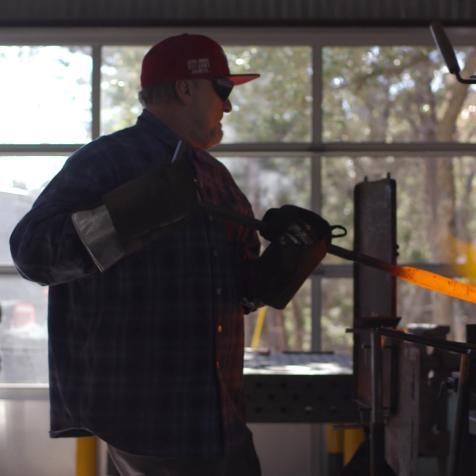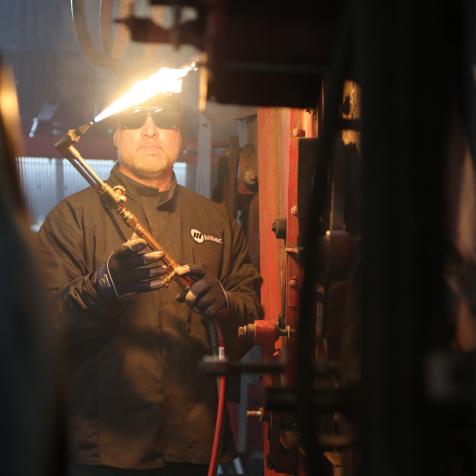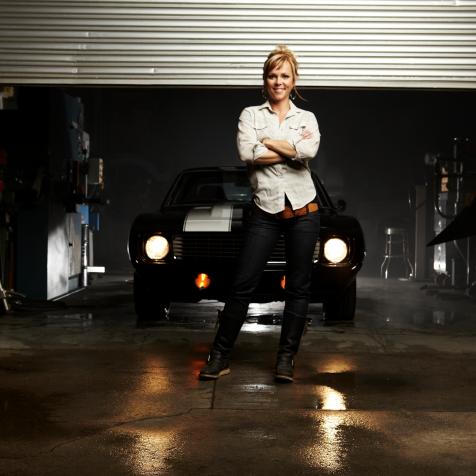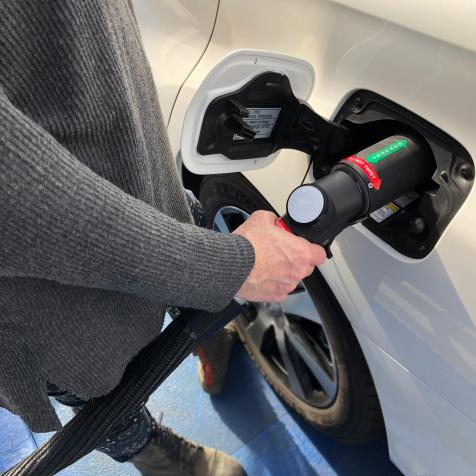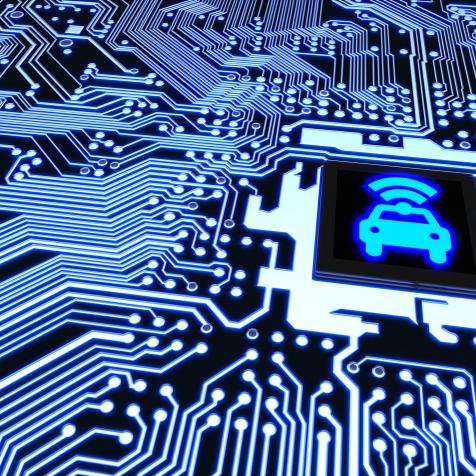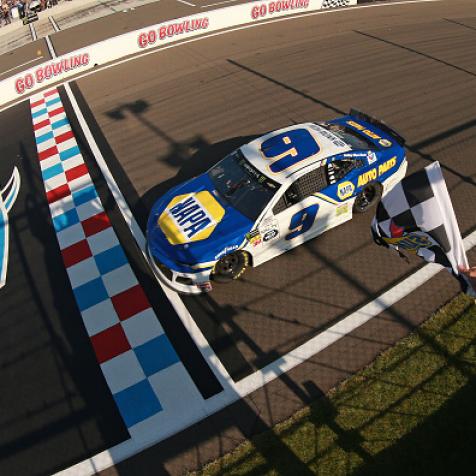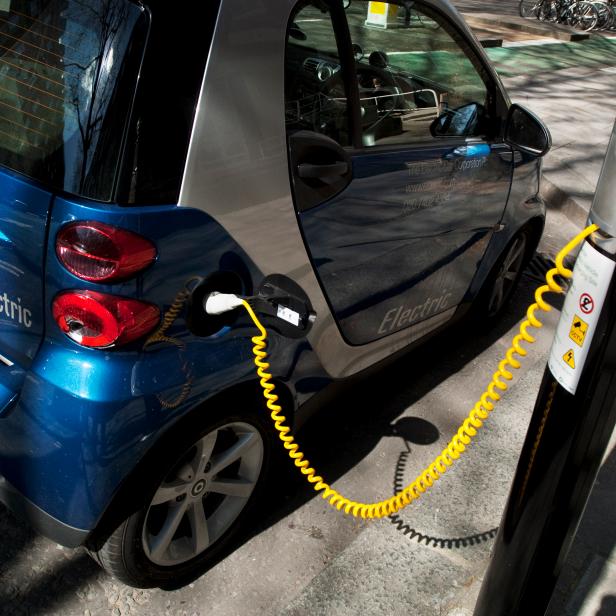
Construction Photography/Avalon
Flame Out: UK Brings Forward Combustion Engine Car Ban to 2030
Plans to tackle transport greenhouse gas emissions need ambitious targets to impact Earth’s rising levels of atmospheric carbon dioxide (CO2).
Several countries have announced deadlines to ban gasoline and diesel car sales, and the UK government hopes a decision to bring forward its plans by five years to 2030 will inspire others to do more.
The UK is the third largest European country by population, but is one of the biggest CO2 producers per capita in the world. So a strategy to decarbonize its transport sector will bring it into line with others in Europe, alongside the Indian government–which plans to sell only electric vehicles by 2030.
British politicians have called the move a historic step towards reducing the country’s contributions to climate change. 2030 will sell no new gasoline or diesel cars and vans and all new cars must have zero exhaust emissions by 2035. Hybrids, hydrogen fuel, and electric cars are expected to fill the gap left by fossil-fuel models.
Incentives worth around $2.4 billion (£1.8 billion) will include investment in a national network of charging points for electric vehicles, plus $320 million (£240 million) on hydrogen production facilities. Another $670 million (£500 million) over four years has been committed to transform automotive design and manufacturing, and $780 million (£582 million) pledged as grants for anyone buying zero or ultra-low emission vehicles.
Drivers are never more than 25 miles away from a rapid chargepoint along the UK’s main roads and motorways, says the government, but many more are needed.
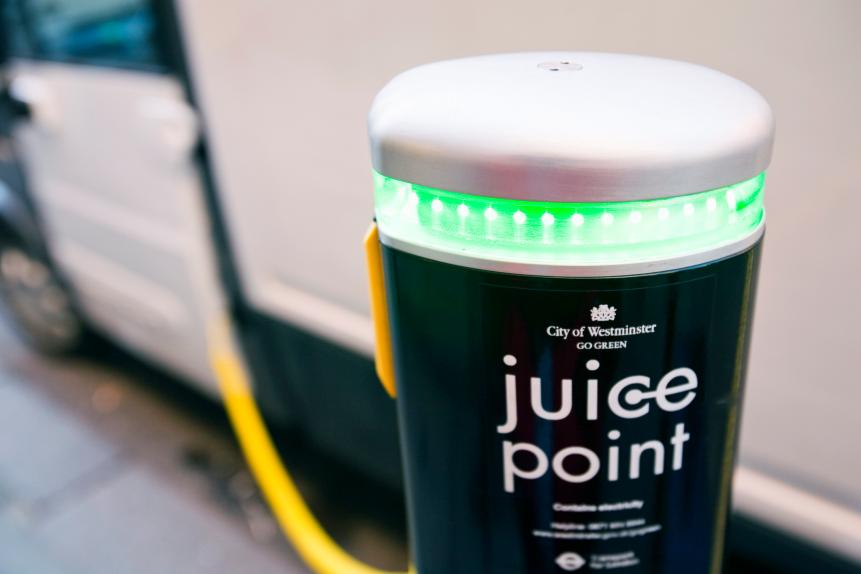
Construction Photography/Avalon
The independent Committee on Climate Change (CCC) advised the government to bring forward its ban to 2030 in a report published in May 2019. It is estimated that more than 3,500 rapid and ultra-rapid chargers are needed near motorways for longer journeys, and 210,000 public chargers in towns and cities–an almost ten-fold increase on the charging points already installed.
Only 37,850 of the 2.3 million cars sold in the UK in 2019 were battery powered, a measly 1.3 per cent, and motor trade organizations say the effort required to go electric is enormous. Electric cars are more expensive and could be up to 30 per cent more than drivers spend today on gas and diesel cars.
Carmakers are now in a race to sell factories or switch them over from combustion engine production to electric to meet 2030 commitments.
Still experts expect the infrastructure to deliver. Head of the National Grid’s electric vehicle project, Graeme Cooper, believes the grid can easily cope with electrification of all road transport, apart from heavy goods vehicles, requiring less than a third more energy than Britain’s annual current demand of 300 terawatt hours.









